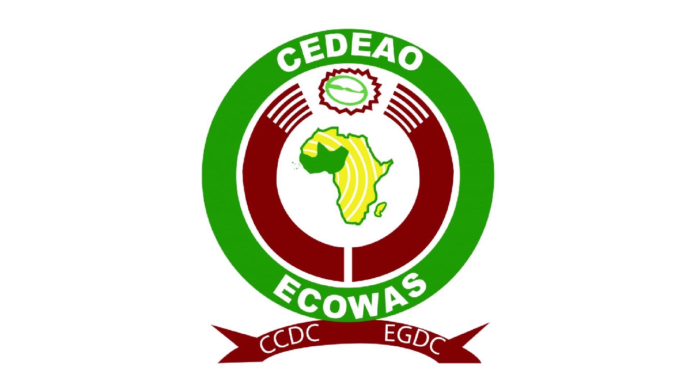The Community Court of Justice of the Economic Community of West African States (ECOWAS) has ruled that Kano State’s blasphemy laws violate international human rights standards, particularly the right to freedom of expression.
In a judgment delivered in the case filed by the Incorporated Trustees of Expression Now Human Rights Initiative against the Federal Republic of Nigeria (Suit No: ECW/CCJ/APP/41/23), the court found that two key provisions of Kano State’s legal codes were incompatible with Nigeria’s obligations under international and regional human rights treaties.
According to a statement issued by the court on Friday, the three-member judicial panel led by the Court’s President, Ricardo Gonçalves, along with Justices Sengu Koroma and Dupe Atoki, unanimously held that the laws failed to meet international standards, BusinessDay reports.
The challenged provisions, Section 210 of the Kano State Penal Code and Section 382(b) of the Kano State Sharia Penal Code Law (2000) , were deemed to infringe on the right to freedom of expression, as enshrined in Article 9(2) of the African Charter on Human and Peoples’ Rights and Article 19 of the International Covenant on Civil and Political Rights.
“Section 210 was criticised for its vagueness, as it fails to clearly define what constitutes an insult to religion, falling short of the legal clarity required under human rights law,” the panel stated.
The court further ruled that Section 382(b), which prescribes the death penalty for insulting the Prophet Muhammad, was “excessive and disproportionate in a democratic society.”
While acknowledging that states have a legitimate interest in maintaining public order and protecting religious sentiments, the court emphasized that such goals must not override individual rights.
The applicant, Expression Now Human Rights Initiative, argued that enforcement of the blasphemy laws had led to severe human rights abuses including arbitrary arrests, prolonged detention, and in some cases, death sentences.
The group also cited incidents of mob violence allegedly spurred by the laws, though the court held that media reports alone did not provide sufficient evidence to prove that the Nigerian government failed to prevent such acts.
Nonetheless, the ECOWAS Court ordered the Nigerian government to repeal or amend the contested provisions and any similar laws to ensure compliance with international legal obligations.
“Accordingly, the Court declared that it has jurisdiction to hear the case; declared the application admissible only as it concerns the right to freedom of expression; and declared that the relevant legal provisions are incompatible with Nigeria’s obligations under the African Charter,” the statement concluded.



